What are the changes in premenstrual symptoms headache?
Premenstrual headaches can vary in severity and characteristics, depending on the individual. They typically occur in the days leading up to a menstrual period and may be caused by hormonal fluctuations in the body.
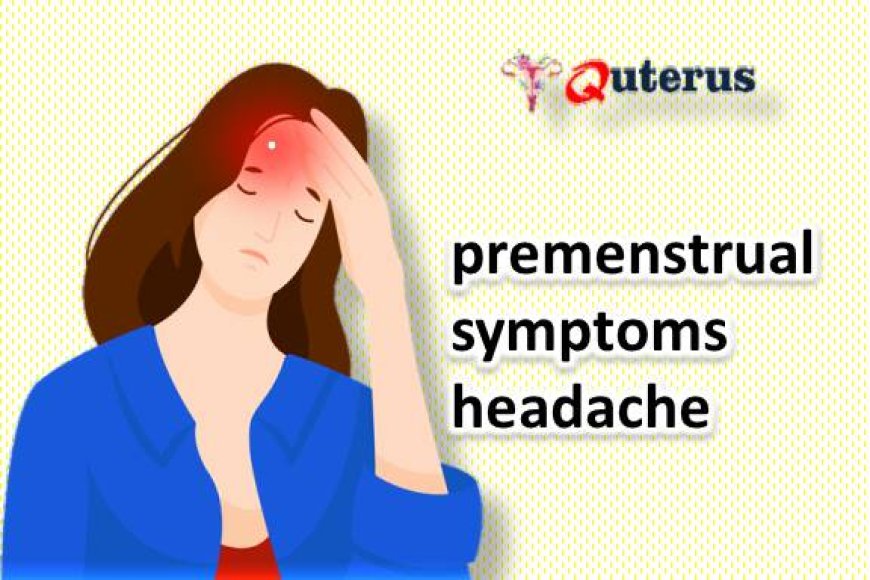
What are the changes in premenstrual symptoms headache?
Headaches are a very common symptom of premenstrual syndrome (PMS) that women may experience in the days leading up to their period. Hormonal changes, along with other factors, can lead to the onset of headaches during this phase of the menstrual cycle.
Estrogen withdrawal is believed to be a primary cause of headaches during the premenstrual phase. The fluctuating levels of hormones can also cause blood vessels in the brain to constrict and dilate irregularly, which can lead to headaches.
To alleviate headaches during PMS, women can try the following:
- Over-the-counter pain relievers like ibuprofen or aspirin can help alleviate headache pain.
- Applying a cold or hot compress to the forehead or neck may relieve headache pain and inflammation.
- Relaxation techniques such as deep breathing, meditation, or yoga can help manage stress and alleviate headaches.
- Ensuring adequate hydration can help prevent headaches.
If headaches during PMS are severe or persistent, women should consult with their healthcare provider for proper diagnosis and management. A healthcare provider may suggest lifestyle changes, hormonal treatments, or prescription medications for more effective headache management. Women with underlying headache disorders such as migraines should continue their regular treatment plan and follow their healthcare provider's advice for managing headaches.

Frequently Asked Questions
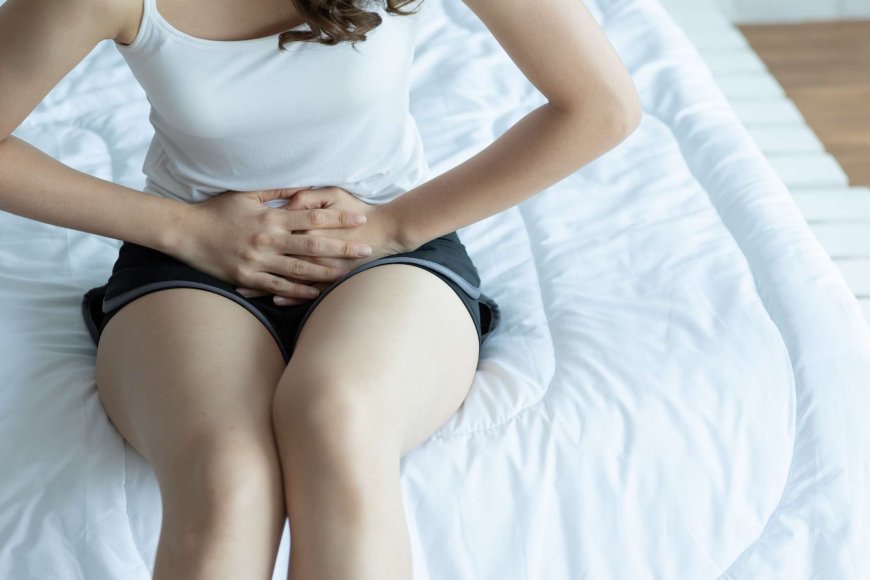
What does a premenstrual headache feel like?
Premenstrual headaches can vary in severity and characteristics, depending on the individual. They typically occur in the days leading up to a menstrual period and may be caused by hormonal fluctuations in the body.
A premenstrual headache may feel like a dull, throbbing pain or a constant ache in the head, temples, or behind the eyes. They can also cause sensitivity to light, sound, and smell. For some women, headaches during PMS may be more severe than their typical headache, lasting for several days and may be accompanied by other PMS symptoms such as bloating, breast tenderness, mood swings, and fatigue.
It's essential to monitor and record any unusual symptoms that occur throughout the menstrual cycle, speak to your healthcare provider if symptoms become increasingly severe or are accompanied by other concerning symptoms to rule out underlying conditions.

Why am I getting headaches before my period?
Many women experience premenstrual headaches in the days leading up to their period. These headaches are often caused by hormonal fluctuations in the body, specifically fluctuations in estrogen and progesterone levels.
Estrogen levels drop shortly before the period, which can cause blood vessels in the brain to narrow, leading to headaches or migraines. Progesterone levels can also cause headaches by causing the blood vessels to widen, increasing blood flow, and triggering migraines.
Additionally, other PMS symptoms like stress, fatigue, and changes in sleep patterns, can also contribute to headaches or migraines.
If you experience severe premenstrual headaches or migraines that interfere with your ability to carry out everyday activities, it is essential to speak to your healthcare provider. They can evaluate any underlying medical conditions that may be causing the headaches and recommend treatments to help manage your symptoms.
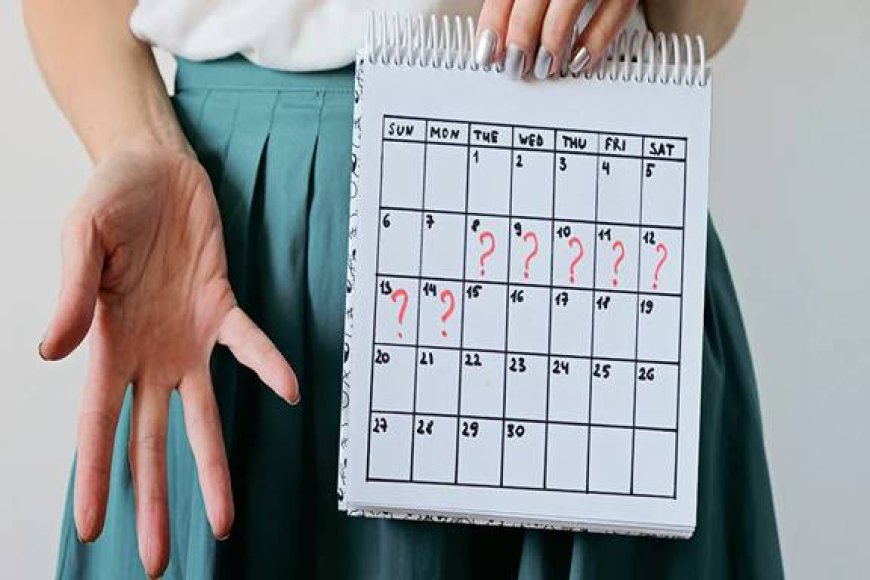
How many days before period do you get headaches?
The number of days before a period that you may experience headaches can vary from person to person. Some women may experience headaches a few days before their period, while others may have headaches for several days or even a week before they menstruate.
Typically, premenstrual headaches tend to occur in the days leading up to menstruation, during the late luteal phase of a menstrual cycle. This phase typically occurs seven to ten days before a period, and hormone levels are at their peak during this phase.
It's essential to track your menstrual cycle, including any symptoms you may experience, including headaches or migraines. Doing this can help you determine when you're most likely to experience PMS headaches, and prepare for them accordingly.
If you experience severe premenstrual headaches that affect your ability to carry out everyday activities, it's crucial to speak to a healthcare provider to rule out underlying conditions that may cause the headaches and receive appropriate treatment.
How do you get rid of pre period headaches?
There are several ways to get rid of pre-period headaches:
Over-the-counter pain medications like Ibuprofen or Naproxen can help alleviate the pain associated with pre-period headaches.
Applying heat to the affected area can help relax the muscles and relieve tension, making headaches less severe.
Getting enough rest and sleep is essential to reduce stress and regulate hormones levels that may contribute to headaches before the period.
Regular exercise can help reduce headaches by promoting blood flow and reducing stress levels.
Certain dietary changes like drinking enough water and avoiding caffeine, alcohol, and other trigger foods can help reduce the risk of pre-period headaches.
Relaxation techniques such as deep breathing, yoga, and meditation are helpful in managing pre-period headaches by reducing stress levels.
It is crucial to speak to your healthcare provider if your pre-period headaches become unbearable, last for an extended period, or are accompanied by other concerning symptoms to identify underlying medical conditions and receive appropriate treatment.
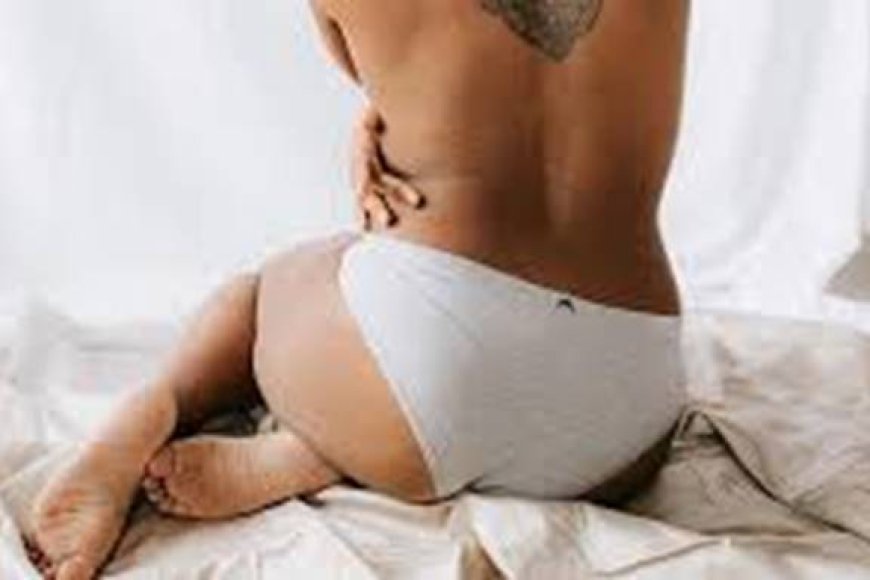
Where are period headaches located?
Period headaches can be located in different areas of the head, depending on the individual. They can be a dull, throbbing pain or a sharp and intense pain, and may last for a few hours or several days.
Many women report period headaches in the forehead area or the temples, while others may experience pain at the back of the head or at the base of the neck. Some women may also experience migraines during their period, which can cause pain on one or both sides of the head, sensitivity to light and sound, and nausea.
It's important to recognize any unusual symptoms during your menstrual cycle, integrating them into menstrual cycle tracking. If the headaches occur frequently or are severe enough to interfere with work or everyday activities, it's crucial to speak to a healthcare provider to rule out underlying conditions that may be causing the headaches and receive appropriate treatment.
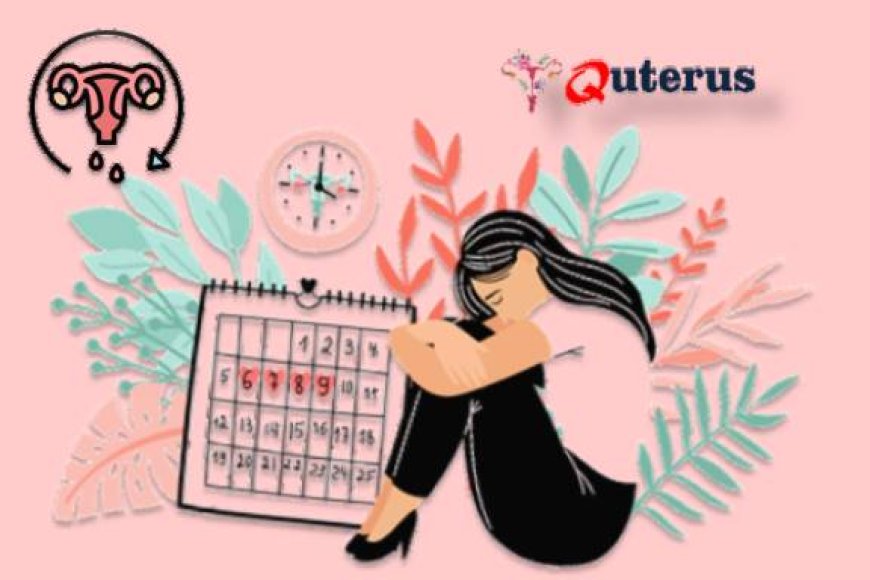
What is a natural remedy for hormonal headaches?
Several natural remedies may help alleviate the symptoms of hormonal headaches, including:
Magnesium supplements and foods rich in this mineral like spinach, almonds, and avocados, may help reduce headache intensity.
Adding essential oils like lavender and peppermint to a diffuser or applying to temples may help reduce pain and tension associated with headaches.
Regular exercise such as yoga, walking or swimming can help regulate hormone levels, reducing the frequency and intensity of hormonal headaches.
Getting enough sleep and reducing stress levels through deep breathing or meditation can help reduce hormonal headaches.
Ginger tea is a natural anti-inflammatory drink that can help reduce migraine symptoms.
Acupuncture treatment may help reduce hormonal headaches by stimulating areas known to relieve pain and regulate hormone levels.
It's essential to note that these natural remedies may not work for everyone. It's recommended to speak to a healthcare provider before starting any new remedies if hormonal headaches become frequent, severe and or are accompanied by other concerning symptoms.
How do I know if I have a migraine or just a headache?
Migraines and headaches share some common symptoms; however, migraines tend to be more severe and last longer than a typical headache. Migraines also commonly cause nausea, vomiting, and sensitivity to light and sound, whereas tension headaches usually do not.
Some of the most common characteristics of migraines include:
· Throbbing or pulsating pain on one or both sides of the head
· Nausea or vomiting
· Sensitive to light, sound, or both
· Blurred vision or seeing spots
· Loss of appetite
· Intense pain that worsens with physical activity
Headaches, on the other hand, are typically less severe, involve a dull or aching pain on both sides of the head. They tend to respond well to symptomatic over-the-counter medication, and other non-medical approaches such as rest, hydration, and relaxation techniques.
It is important to keep track of how the symptoms are affecting everyday activities and to consider seeking appropriate treatment and diagnosis from a healthcare provider, especially if the headaches or migraines are frequent, severe, or accompanied by other concerning symptoms.
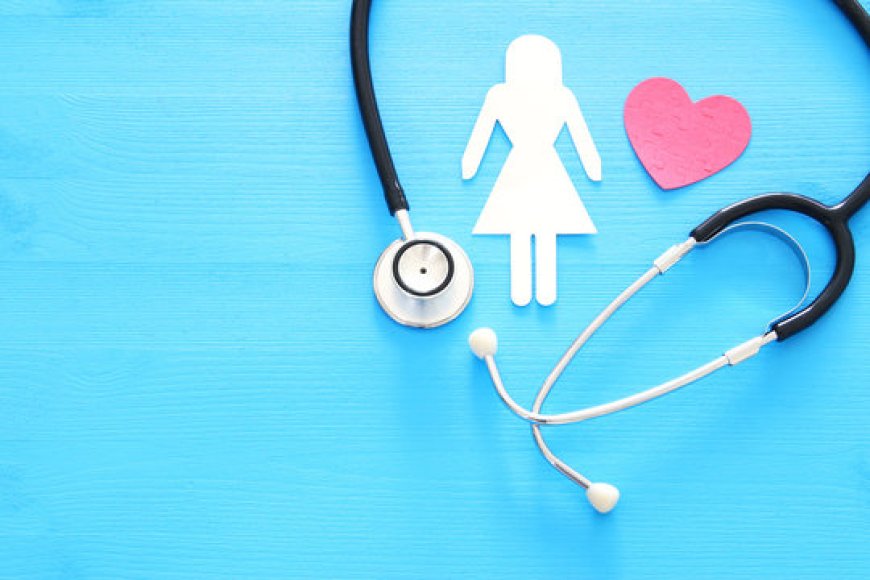
What vitamins are good for menstrual headaches?
Several vitamins and minerals may help alleviate menstrual headaches, including:
Magnesium can help reduce the frequency and severity of menstrual headaches. Foods rich in magnesium include spinach, avocado, almonds and dark chocolate.
Vitamin B2 (Riboflavin) helps maintain healthy blood cells and may help reduce menstrual migraines. Foods rich in Vitamin B2 include milk, beef, eggs, and broccoli.
Vitamin B6 plays a vital role in regulating hormones and may help reduce menstrual headaches. Foods rich in Vitamin B6 include salmon, chicken, bananas, spinach, and chickpeas.
Vitamin D may help reduce menstrual headaches. A good source of Vitamin D include exposure to sunlight, egg yolks, and fatty fish.
Omega-3 fatty acids may help to reduce inflammation and may reduce menstrual headache. Foods rich in Omega-3 fatty acids include fatty fish like salmon and tuna, flaxseeds, and chia seeds.
It is essential to speak to a healthcare provider before starting any supplements or vitamins to rule out any underlying medical conditions and determine the appropriate amount of intake.
What foods help with menstrual headaches?
Certain foods may help alleviate menstrual headaches, including:
1. Leafy greens like Spinach and Kale are rich in Magnesium, which can help to alleviate menstrual headaches.
2. Bananas are also rich in Magnesium, and their potassium content can alleviate other symptoms of menstrual headache, such as irritability and fatigue.
3. Eggs, lean meat, and legumes are all great sources of Vitamin B6, which enhances Serotonin production. Serotonin can help alleviate mood-related menstrual headaches.
4. Ginger can reduce inflammation and help relieve menstrual headaches. You can include it in meals or consume it as tea.
5. Fatty fish like salmon and tuna are great sources of Omega-3 fatty acids, which help to reduce inflammation. Reducing inflammation can help to reduce menstrual headaches.
6. Nuts and seeds, rich in magnesium and Vitamin B6, play a crucial role in reducing severity and frequency of headaches.
It's also essential to stay hydrated by drinking plenty of water and avoid trigger foods like processed foods, caffeine, and alcohol. Keep in mind that each individual's dietary needs and tolerances may differ, and it's always best to speak to a healthcare provider concerning the best nutrition intake to reduce menstrual headaches.

Which female hormone causes headaches?
Estrogen, a female hormone, often plays a role in causing menstrual headaches.uctuations in estrogen levels during the menstrual cycle can cause headaches in some women.
During the menstruation cycle, estrogen levels fluctuate, often peaking during the ovulation period and declining steadily in the days leading up to menstruation. The sudden drop in estrogen levels during this period could trigger menstrual headaches.
Estrogen also affects the brain's pain centers, leading to increased sensitivity to pain during menstrual headaches. Some women's bodies may produce too much estrogen, while others don't produce enough, which could also lead to headaches or migraines during their cycle.
It's essential to track menstrual headaches and other symptoms throughout the menstrual cycle and seek medical advice if the headaches become a significant problem affecting the quality of life. A healthcare provider can provide appropriate guidance and treatment options suitable for the individual's needs.
How long do period headaches last?
The duration of period headaches varies among women. Some women get mild headaches that last only a few hours, while others get more severe headaches that last for several days.
The typical duration of menstrual headaches is 4-72 hours, usually starting right before the period and lasting up to three days after the period has begun. However, the duration may vary, with some women experiencing headaches for up to a week.
It's essential to keep track of the duration and frequency of menstrual headaches to identify patterns and check for related symptoms such as nausea, vomiting, or visual disturbances. If the menstrual headaches become recurrent, last longer than usual, accompanied by other concerning symptoms, it's crucial to speak to a healthcare provider to rule out any underlying medical conditions and receive appropriate treatment.
Are hormone headaches normal?
Yes, hormone headaches are normal and common among women of reproductive age, in particular during their menstrual cycle.
Hormonal fluctuations in Estrogen levels are often linked to menstrual headaches, particularly migraines. Higher levels of estrogen lead to headaches during ovulation, whereas a rapid drop in estrogen levels before menstruation can trigger menstrually related migraines.
While hormone headaches are normal, they can be severe and may affect the quality of life for some women. Other factors such as lifestyle, diet, and genetics can also play a role in menstrual headaches.
It's essential to keep track of menstrual headaches and any associated symptoms by using a menstrual calendar, understanding the triggers and seeking medical advice if the headaches become chronic, severe, or accompanied by concerning symptoms.

What is the best tea for menstrual headache?
Several types of tea may help alleviate menstrual headaches. The best tea for menstrual headache may vary depending on individual preferences. Some of the commonly recommended teas include:
1. Ginger tea: Ginger contains natural anti-inflammatory compounds called gingerols that can help alleviate menstrual headaches.
2. Peppermint tea: Peppermint tea promotes relaxation and may help reduce tension-related menstrual headaches.
3. Chamomile tea: Chamomile is rich in antioxidants and can help to reduce inflammation, contributing to the reduction of menstrual headache pain.
4. Green tea: Green tea is anti-inflammatory and rich in antioxidants that can help reduce menstrual headaches.
5. Raspberry leaf tea: Raspberry leaf tea is rich in magnesium, which may help to reduce the severity of menstrual headaches and menstrual cramps.
It's important to consider individual preferences and any underlying medical conditions before consuming any tea, especially if there is an allergic condition. It is always vital to speak to a healthcare provider before starting any new treatments to determine the best solution for individual needs.
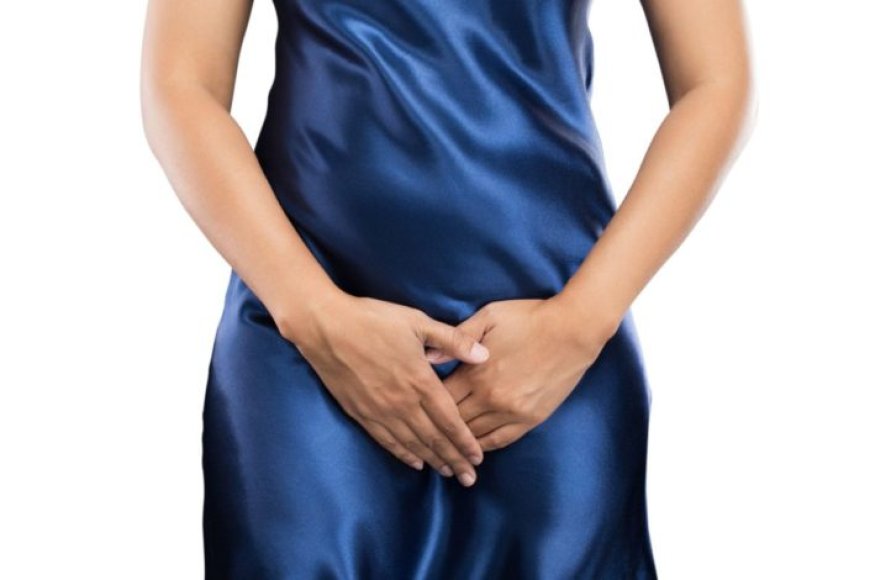
Are headaches a side effect of periods?
Yes, headaches are a common side effect of periods, particularly in the days leading up to the period or during menstruation. These headaches are typically caused by hormonal fluctuations, with a drop in estrogen levels being the primary cause.
Menstrual headaches can range from mild to severe and can last for different durations. Some women may experience menstrual migraines, a type of headache that is more severe and debilitating than regular menstrual headaches.
Other factors such as stress, diet, and lifestyle habits may also contribute to menstrual headaches.
While menstrual headaches are common and not a cause of concern, women experiencing worsening headaches or other severe symptoms should contact their healthcare provider. A healthcare provider can provide medical advice and recommend appropriate treatment options to manage and alleviate menstrual headache symptoms.
Which fruit is good for headache?
Several fruits are beneficial in alleviating headaches. Some of the recommended fruits include:
1. Bananas: Bananas are rich in magnesium and potassium, making them an excellent choice to help prevent headaches. Low levels of magnesium and potassium have been associated with headaches, so including bananas in the diet is a healthy way to increase both of these minerals.
2. Watermelon: Watermelon is rich in water, which is vital for keeping the body hydrated and reducing headaches. Dehydration can often be a trigger for headaches, so including water-rich fruits is a great way to enhance hydration levels.
3. Kiwis: Kiwis are rich in Vitamin C, an antioxidant that helps reduce inflammation and fight off infections. Inflammation is often associated with headaches, and including fruits rich in antioxidants and anti-inflammatory compounds may help alleviate headaches.
4. Apples: Apples contain quercetin, an antioxidant that can help reduce inflammation and prevent headaches.
5. Berries: Berries like strawberries, raspberries, and blueberries are rich in anthocyanins, compounds that have anti-inflammatory and antioxidant properties that can help reduce headaches.
Overall, including a balanced diet with various fruits can help in reducing headaches and maintaining overall health. Additionally, making dietary and lifestyle changes can help prevent headaches from occurring in the first place.
What should not eat during periods?
Certain foods and drinks may worsen menstrual symptoms. Therefore, it's important to avoid or limit the following during periods:
1. Foods high in salt: Consuming foods high in salt may lead to water retention and bloating, leading to discomfort and worsening of menstrual symptoms.
2. Processed foods: Processed foods such as fast food, chips, and sugary snacks, contain high levels of sugar and unhealthy fats that can disrupt hormonal balance, leading to exacerbation of menstrual symptoms.
3. Caffeinated drinks: Caffeinated drinks like coffee, tea, and energy drinks are known to constrict blood vessels, increasing menstrual cramps and headaches.
4. Alcohol: Alcohol consumption can affect liver function and exacerbate PMS symptoms.
5. Dairy Products: Dairy products, such as cheese and milk, can cause bloating and digestive discomfort in some women.
While avoiding these foods and drinks may help reduce menstrual symptoms, it's essential to remain adequately hydrated and maintain a well-balanced diet. It's also important to note that each individual's dietary needs and tolerances may differ, and it's always best to consult a healthcare provider concerning the best nutrition intake to manage menstrual symptoms.
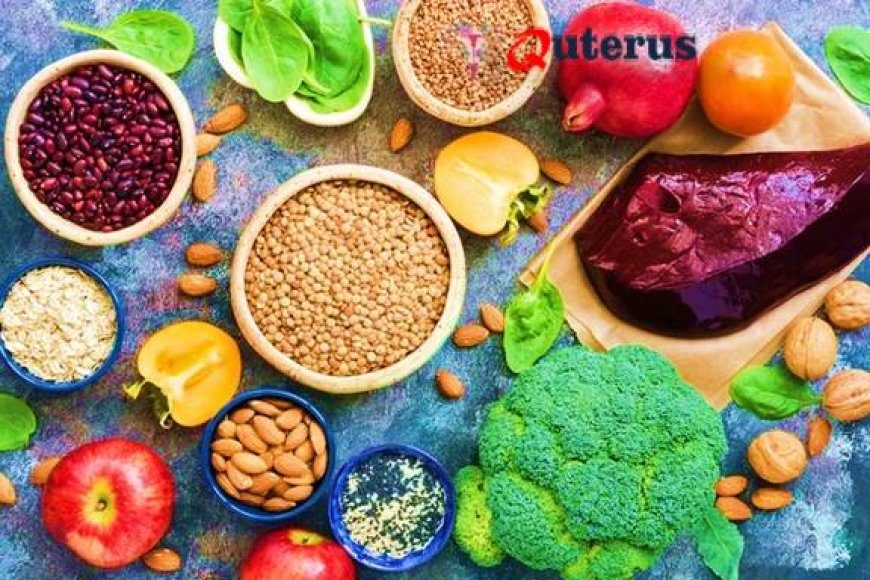
What food has estrogen?
Several foods contain natural compounds known as phytoestrogens, which mimic the effects of estrogen in the body. The following foods have high amounts of phytoestrogens:
1. Soy Products: Soy products such as tofu, tempeh, soy milk, and soybeans contain high levels of phytoestrogens called isoflavones.
2. Flaxseeds: Flaxseeds are rich in lignans, a type of phytoestrogen, that can help balance estrogen levels in the body.
3. Chickpeas: Chickpeas are rich in phytoestrogens such as coumestans and lignans that help to maintain estrogen balance in the body.
4. Sesame Seeds: Sesame seeds contain lignans, a type of phytoestrogen that behaves like estrogen in the body.
5. Peaches: Peaches are rich in flavonoids, a type of phytoestrogen that can mimic the effects of estrogen in the body.
It's important to note that phytoestrogens are not the same as estrogen found in the body, and the effects of phytoestrogens may differ depending on individual health status. Therefore, consulting a healthcare provider before incorporating foods that contain phytoestrogens into the diet is important to determine the best dietary approach for individual needs.
Can low iron cause headaches?
Yes, low iron levels in the body can cause headaches. Iron is a vital component for the proper functioning of the body, including the brain and nervous system. When iron levels are low, the body produces fewer red blood cells, leading to reduced oxygen circulation and increased pressure in blood vessels in the brain, resulting in headaches.
Iron deficiency anemia, a condition where the body lacks adequate iron levels, can cause persistent headaches, fatigue, and other symptoms like dizziness, weakness, and pale skin. Iron deficiency anemia can be caused by several factors, including blood loss, poor dietary intake, and chronic illness.
If someone experiences recurrent headaches and has symptoms of iron deficiency anemia, they should seek medical advice from a healthcare professional to diagnose and treat the underlying cause. Dietary changes, iron supplements or prescription medications capable of returning iron levels to normal ranges may alleviate associated symptoms.
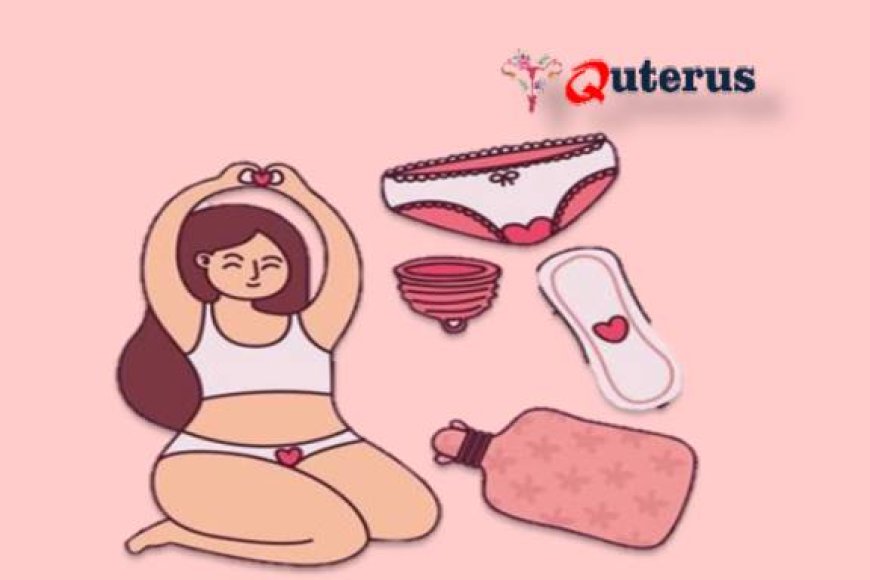
How do you fix a period headache?
There are several ways to manage and alleviate period headaches. Below are some strategies to assist in fixing period headaches:
Pain-relieving medications: Over-the-counter pain relievers, such as ibuprofen or aspirin, may help in reducing painful menstrual headaches.
1. Hormone therapy: For women who experience severe menstrual headaches, hormone medications like birth control pills may help regulate hormonal imbalances and decrease headache symptoms.
2. Rest and relaxation: Taking time to relax, rest, or sleep can help reduce stress and alleviate headaches.
3. Stay hydrated: Dehydration could exaggerate headache symptoms. Drinking enough water and fluids to maintain proper hydration may help to decrease period headache frequency and severity.
4. Gentle exercise: Light exercise such as walking, yoga, or stretching can boost endorphin production and help reduce headache symptoms.
5. Hot or cold compress: Applying a heating pad to the head may help relieve discomfort associated with menstrual headaches. In contrast, applying a cold compress may help reduce muscle spasms that lead to headaches and provide relief.
If the menstrual headache persists or is frequently recurrent, it's important to consult a healthcare provider for diagnosis and management to rule out any underlying medical problems and determine the best possible plan of care.

Learn from the video also premenstrual symptoms headache
Why frequent headaches are an early sign of pregnancy and tips for coping with them
HORMONAL MIGRAINES! Why They Happen + What To Do About Them
Menstrual Pain? How to Manage Period Pain?
......

We provide you with authentic, trustworthy and revelant information

Have issue with the content?

Disclaimer
The information given on our website www.uterusq.com is being posted only for the purpose of knowledge and information, before using them, choose them completely and check the correctness with your subject matter expert. We (www.uterusq.com) have no responsibility for any kind of loss.







